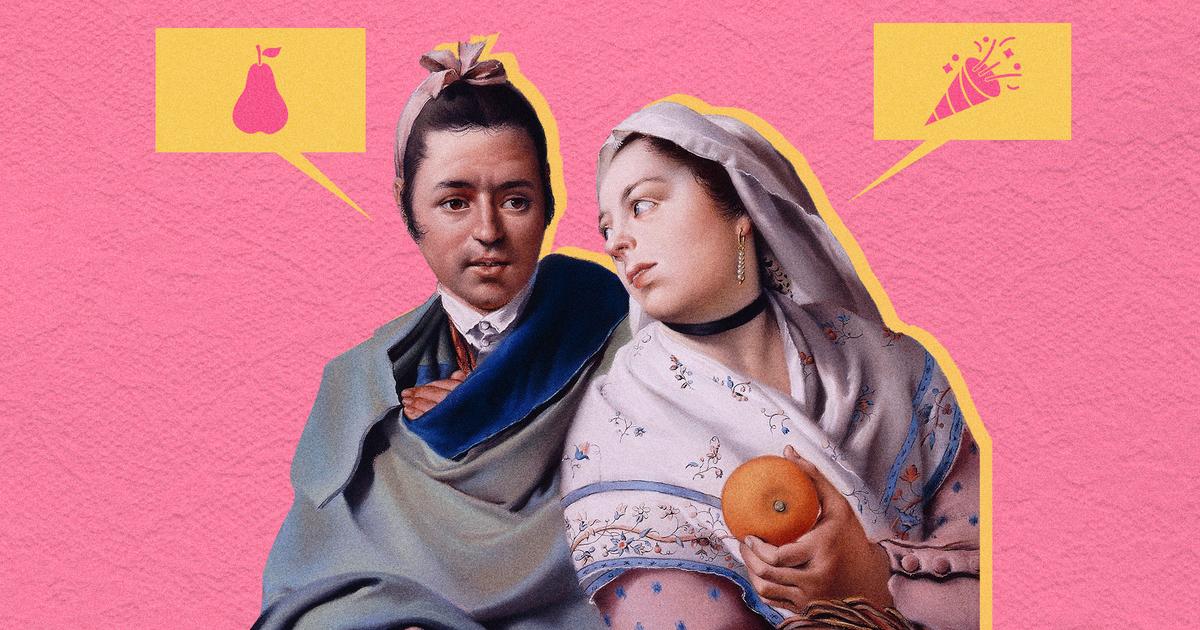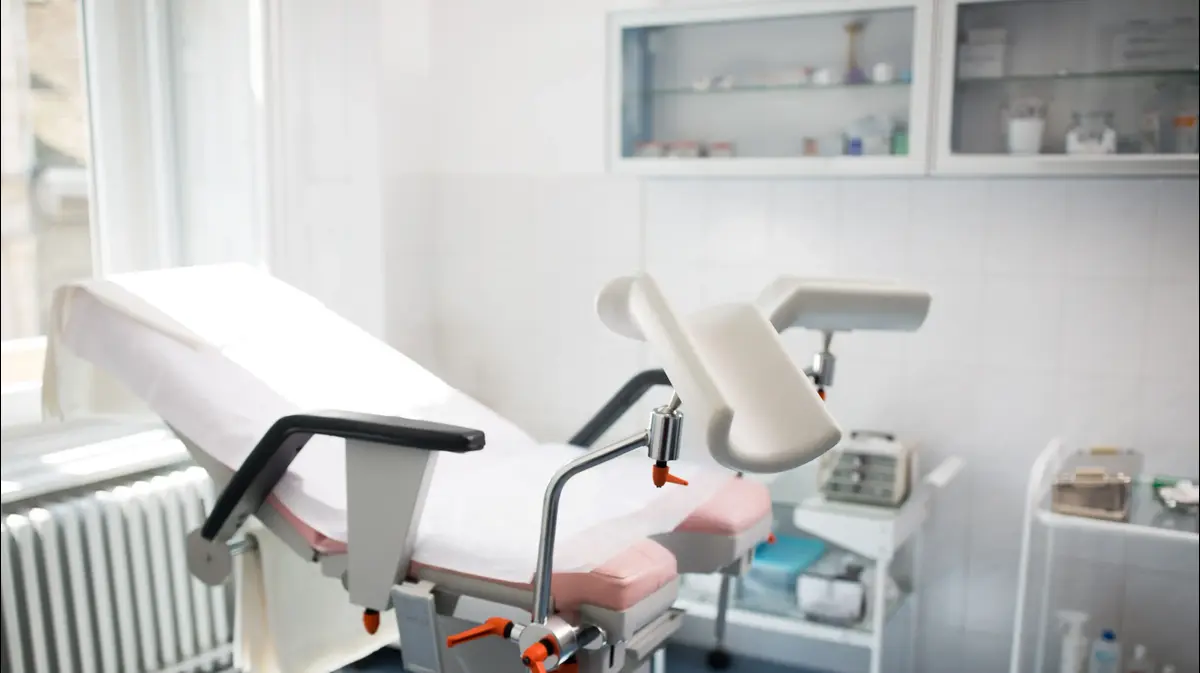Dr. T. has an important mission.
Document how the pandemic has impacted women's sexual rights.
As the UN Special Rapporteur for the right to physical and mental health, the doctor Tlaleng Mofokeng (Qwa-Qwa, South Africa, 38 years old), an international reference in family planning, will delve into the distress caused by the lack of access to contraceptive methods and reproductive health services for the female population of the most disadvantaged countries.
The invisible losers of this health crisis.
She is certainly the right woman.
Mofokeng was a good student and a better hockey player.
She was the first black person and the first girl to get the honor jacket that her institute awarded to outstanding students.
He did it two years in a row.
For her there was no celebration, no one invited her parents, nor were there pastries and tea in the director's office, the local press was not notified and her photo never appeared on the cover, as was the tradition… with the whites.
It is not the only racist episode in his life, but it is the one that still makes him cry today.
"Activism was not an option, it had to be for survival."
She went to college and became a doctor as she always dreamed of.
And she discovered that women's sexual and reproductive health allowed her to unite her aspirations: medicine, the defense of human rights and feminism.
Mofokeng runs a private clinic in Sandton, a suburb of Johannesburg, which provides information, treatments for sexually transmitted diseases, contraceptives and terminations of pregnancy.
There, no one asks patients how many men they sleep with, which would make them feel judged and would not provide any useful information, she believes.
In DISA they are interested in knowing what type of sex they have, what is necessary to advise them on how to have pleasant and safe relationships.
"That is the type of disruption that I introduce in practice."
Our confinement was tough.
Women could not go to clinics.
They have the centers 30 kilometers away
Her ideas on decolonizing medicine have made her a recognized and award-winning activist, lecturer, and writer.
It all started on Twitter, where she found the opportunity to defend abortion, vindicate female pleasure and, above all, discuss her true concerns.
"It was very personal, because I'm not only a doctor, I'm also a young black woman, and I don't like how the world frames us."
Since 2014 he has built a community of 96,500 followers.
“Many of us lobbied against the global health narrative.
Black women lead the number of new HIV infections.
But we also live in a country with the highest rape statistics, for many it is their first sexual experience, and we do not have post-traumatic help ”.
Mofokeng rejects donors and philanthropists from the north deciding what is good for them.
Antiretroviral treatment, yes.
An abortion, no.
"I always ask who decided for African women that preventing HIV is better than ending an unwanted pregnancy."
The doctor has been one of the most fervent opponents of the US Global Gag Rule, which prohibits financing projects suspected of promoting or practicing abortions, even in South Africa, where it has been legal since 1996. Joe Biden has repealed the law, but Mofokeng has the goal that it is permanently suppressed.
For the activist, "white programs" ignore the diversity of the continent and that is why, in many cases, they fail.
Her lament continues: “Young black women are raped, contract HIV, become pregnant and are judged for not being strong enough.
In South Africa, Zimbabwe, Zambia and Malawi they implement programs to make girls resilient.
They make us a problem and we are not.
They are patriarchy and violence ”.
Again, she is emptied of the pain with tears.
“This is what moves me to do my job.
There should be a thousand more like me and if there aren't, it's because they prefer to tell girls that they have to be resilient and have dreams.
I had them and they laughed at me.
It is not that they are strong and have dreams ”.
Dr. T., author of
A Guide to Sexual Health and Pleasure
, has been recognized by the Bill and Melinda Gates Foundation as one of 120 leaders under 40 in family planning.
As a representative of the UN, your first report will focus on how the pandemic has impacted sexual and reproductive health rights.
Lockdowns, clinic closings, and a lack of staff and supplies have affected family planning services.
According to the UN Population Fund, 47 million women lost access to contraceptives in 114 low- and middle-income countries in the first six months of the crisis.
Sub-Saharan Africa is one of the worst affected regions.
In South Africa, Mofokeng has witnessed this.
As a member of the country's Commission for Gender Equality, she has ensured that measures to curb the pandemic do not harm women.
They soon had to intervene.
"Sexual and reproductive health services were not initially listed as essential."
Covid-19 also exacerbated pre-existing deficiencies and inequalities.
“We get a lot of complaints.
Our confinement was harsh, with the military on the streets and limited mobility.
The women could not go to the clinics.
With
apartheid
planning
, they have the centers 30 kilometers away;
If there is a curfew, there is no public transport and you have just lost your job due to covid, how are you going to get there?
And private medical care is expensive, ”he explains.
The centers also faced cuts in supplies of essential products such as condoms.
“We were already experiencing contraceptive stock depletion.
Africa consumes many condoms, but they are all imported.
If we were faced with supply problems before the pandemic, when production in China stopped, when a freighter could not move…, you can imagine the disaster ”.


/cloudfront-eu-central-1.images.arcpublishing.com/prisa/3VJVXFGBN32OI7FRYXYZQ2AMUI.jpg)






